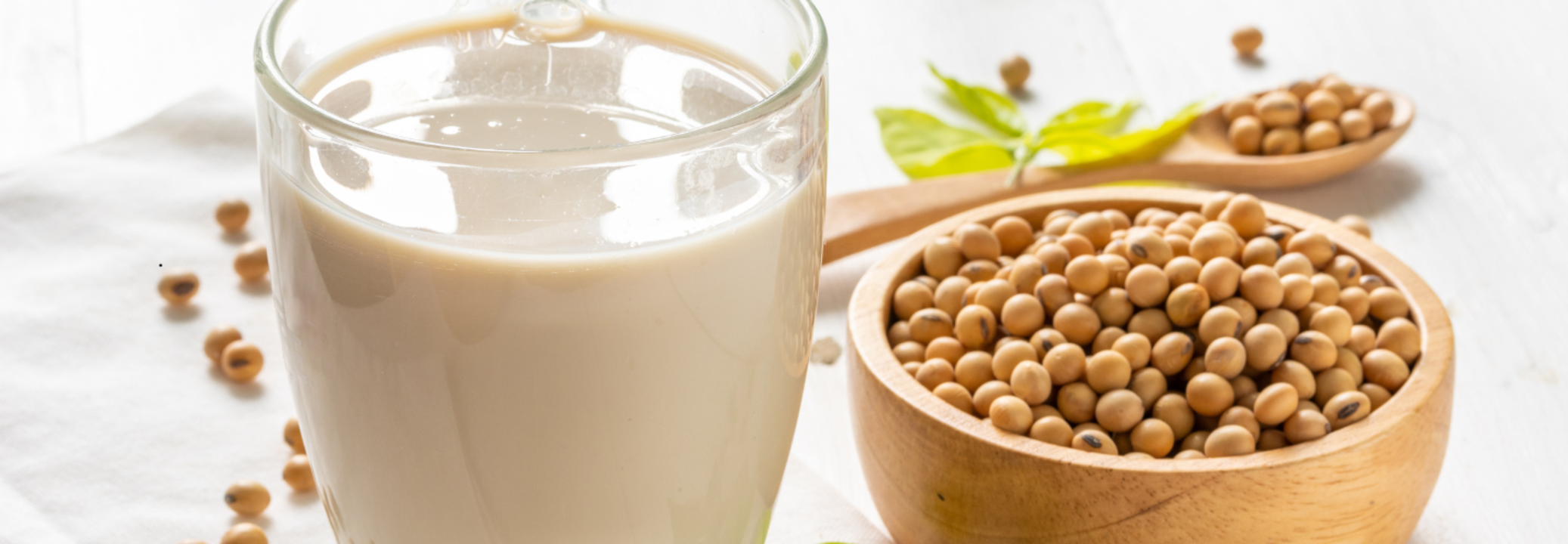Is Soy A Healthy Addition To Your Diet?

Soy and Health Benefits (Credit - Canva)
SummaryEvery now and then there are different additions to health trends and many people start following them. Many times these trends are not healthy and do not help you reach your goal, but there are also other trends that are good for you. Here is what you need to know about soy.
End of Article
